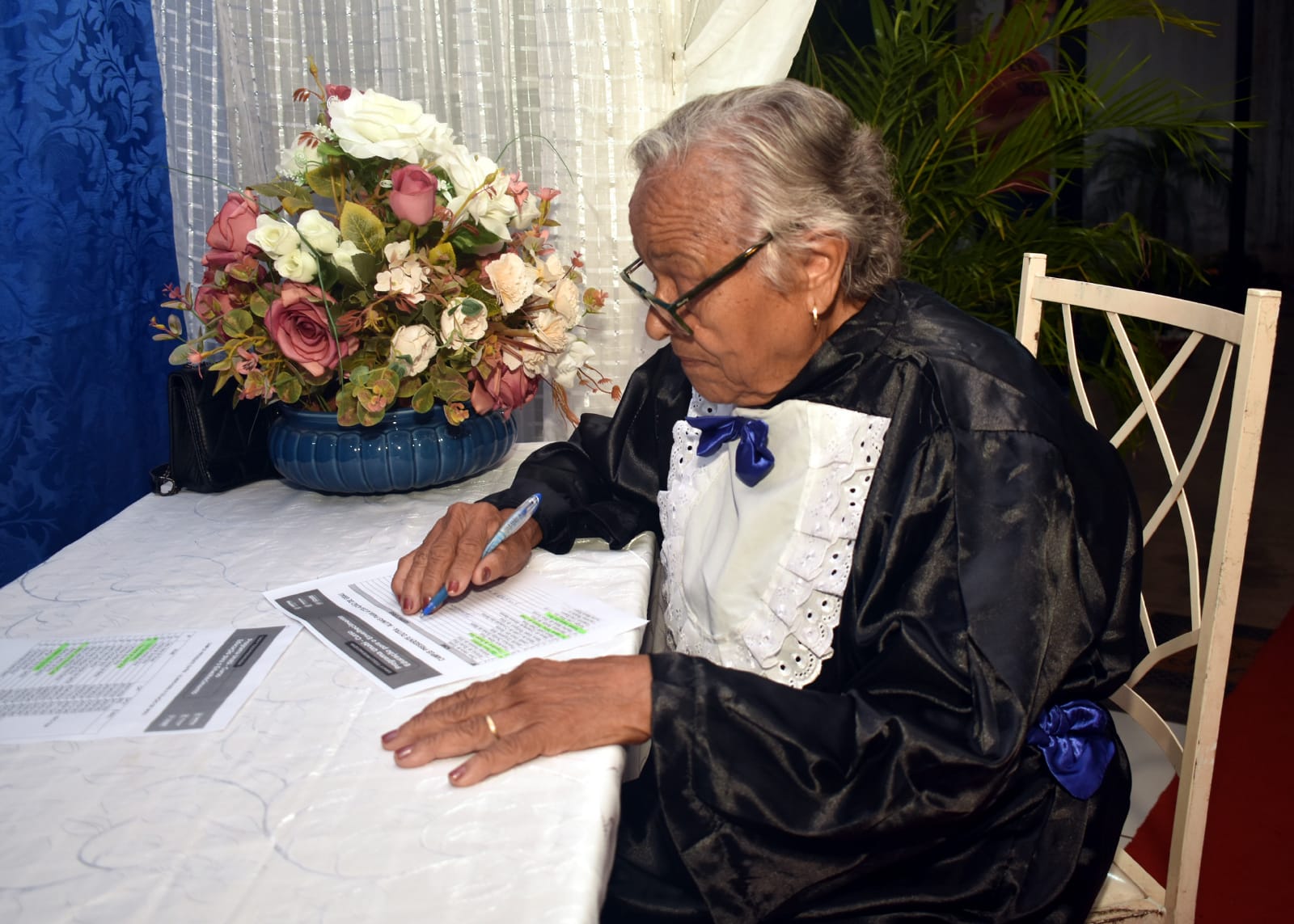World
Biden opposes Ukraine Nato membership as part of peace deal

Joe Biden has ruled out Ukraine joining Nato in the aftermath of a ceasefire with Russia in a major blow to Volodymyr Zelensky.
Ahead of Nato’s annual summit on July 9, the US president said Ukraine would have to rely on supplies of Western weapons to ward off a second Russian offensive.
Peace, he said, “doesn’t mean Nato.”
“It means we have a relationship with them like we do with other countries, where we supply weapons so they can defend themselves in future,” he told Time magazine.
Mr Zelensky has pushed for Ukraine to be granted swift entry to Nato after the war is over, arguing Vladimir Putin is likely to stage another invasion before long.
Membership of the alliance would compel the US and western nations to come to the defence of Ukraine in the event of any Russian attack, under Article 5 of the Nato treaty.
Mr Biden said: “I am not prepared to support the Nato-isation of Ukraine,” adding he had seen “significant corruption” in Ukraine when he visited as vice president.
However, he warned that the West still has a duty to prevent Kyiv falling to Russia, as it would quickly see Poland and other bordering nations “go down” too.
The possibility of Ukraine joining the alliance has become a major sticking point between Nato members since Russia’s invasion in February 2022.
At last year’s summit in Lithuania, member states agreed to a joint communique stating that “Ukraine’s future is in Nato”, but refuse to move forward with an accelerated membership plan supported by some eastern European countries.
A senior Nato diplomat said: “This will no doubt infuriate the Baltic and eastern states.”
Security cooperation
Since January, Ukraine has signed security cooperation with nine countries including the UK, France and Germany, and is in advanced negotiations with several other states.
German and American diplomats have recently expressed concern about moving further along the path to Ukraine’s membership at next month’s meeting in Washington DC.
Russia has recently made advances in the Kharkiv region and is expected to launch a major summer offensive in the near future.
Last week, Antony Blinken, the US secretary of state, said that members would “put in place the bridge to bring Ukraine closer and ultimately into Nato”, but did not give detail on the conditions required for membership or on a time frame.
Mr Biden’s intervention expunges any hope for Ukraine to be offered Nato membership in exchange for ceding territory to Moscow in a peace deal.
In absence of a concrete offer on membership, plans are being drawn up for Nato to take over control of the US-led Ramstein group that has coordinated much of the western military aid for Kyiv.
Jens Stoltenberg, Nato’s secretary-general, has also proposed a commitment to maintain at least €40 billion (£31.3bn) in annual support for the war-torn capital, as part of the plan to make the country more compatible for a future membership bid.
Diplomats and officials involved in the talks are aware that this will fall short of what Volodymyr Zelensky expects on membership, even though he has been warned he would be “ill-advised” to kick up a fuss at the Washington summit.
Mr Biden has previously spoken of his desire to avoid US soldiers coming into direct conflict with Russia, something that could presage an escalation into nuclear war.










